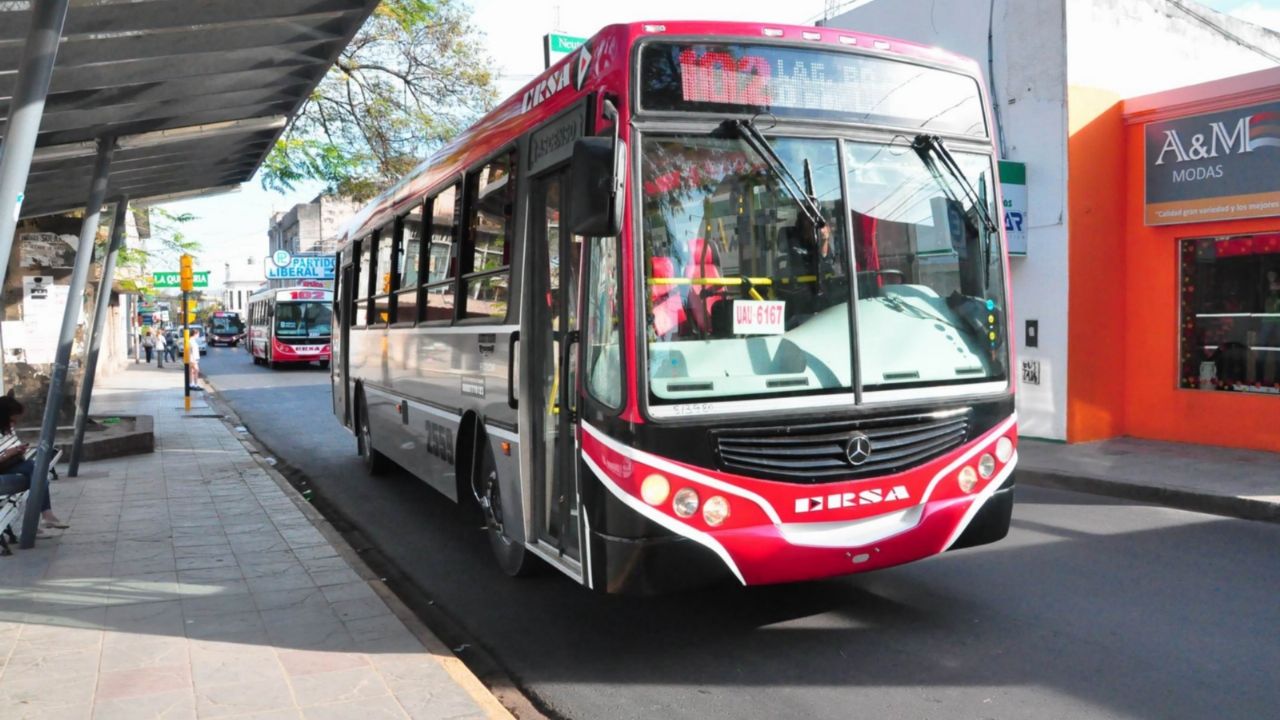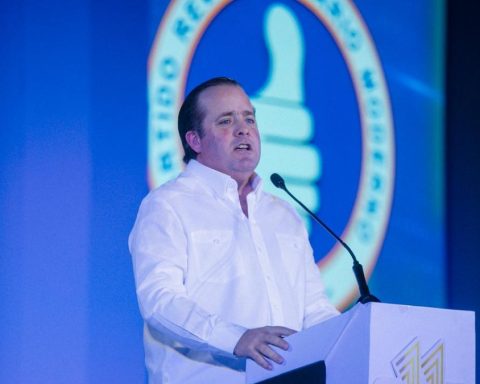The conflict between UTA (Automotive Tramway Union) and the Government restarted its engines. This time, due to a dispute between the provincial governments and the National State due to the salary agreement for carriers.
Thus, the organization called for a 48-hour strike that will take place on October 12 and 13, since, according to the UTAall instances have been exhausted to try to reach an agreement, which has failed.
“The term of the mandatory conciliation duly dictated by the labor portfolio has already expired, so the UTA calls for a 48-hour strike for Wednesday and Thursday” indicated the union in a press release, where they also stated that, given the lack of answers, they are forced to implement the force measure.
“We want to express that we have exhausted all the instances of negotiation in search of social peace, in order not to harm the users of our services in the interior of the country, but we must fight for the wages of the workers and for an increase that It is recognized by the businessmen, but the rulers are unaware, forcing us to take the measures”.

As they explained, the conflict began “due to the lack of payment of 8 billion pesos that affects the last salary agreement”, and on which the national government maintains that the provincial administrations should take charge.
“The Government says that the provinces are the ones that have to pay; the provinces say they don’t have the money. We are playing blind man’s rooster here and the victims always end up being us and the users of the servicesbecause we have no problem with the companies, we have already closed, but they cannot pay us because the money does not come to them”, explained the general secretary of the UTARobert Fernandez.

Due to the lack of resources, the transport companies do not have funds to make the salary adjustment that was planned for September, which would leave the drivers with a floor of 165 thousand pesos per month.
The force measure will affect 9 million users
The Union explained that the 48-hour strike scheduled for next week will take place throughout the country, with the exception of the Buenos Aires Metropolitan Area (AMBA).

This decision will affect more than 9 million citizens who travel daily on public passenger transport in the interior of the country.


















